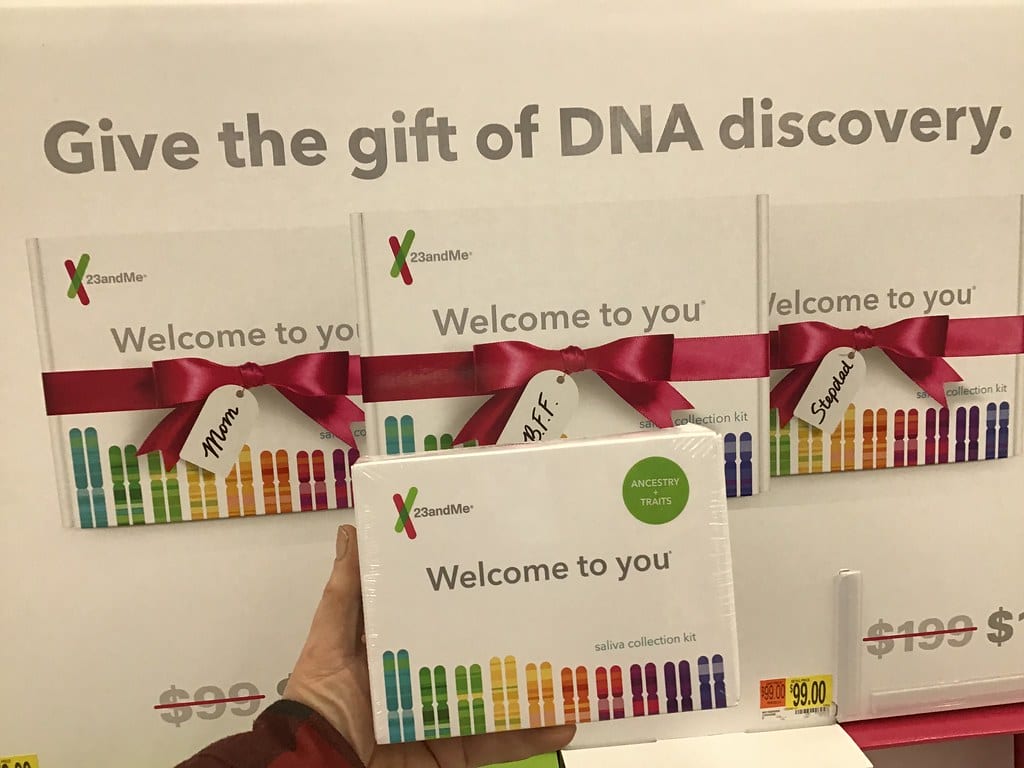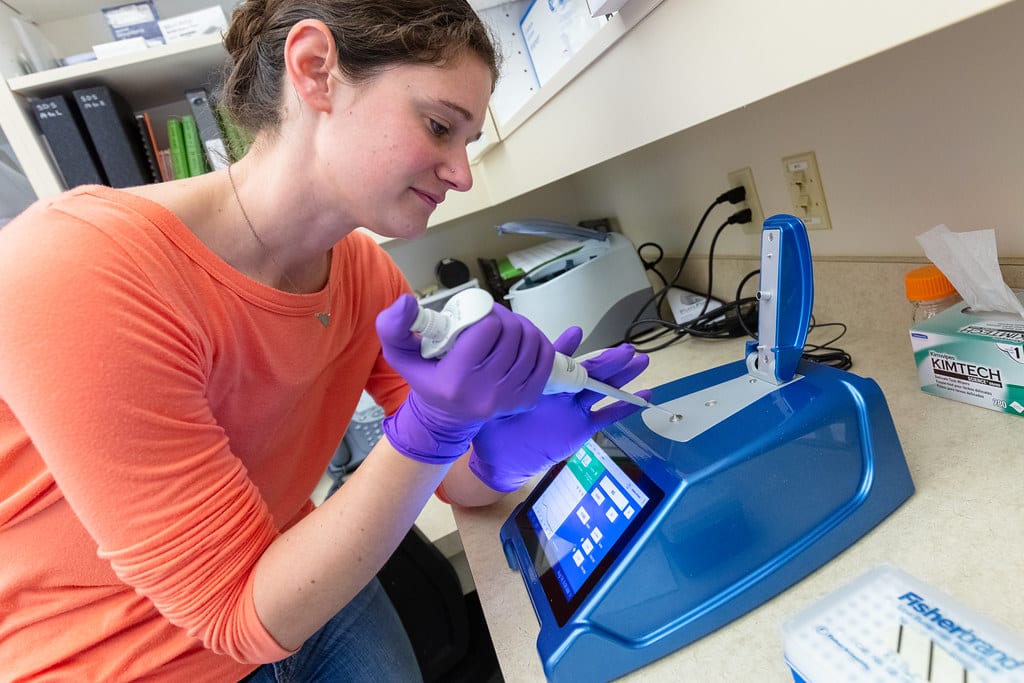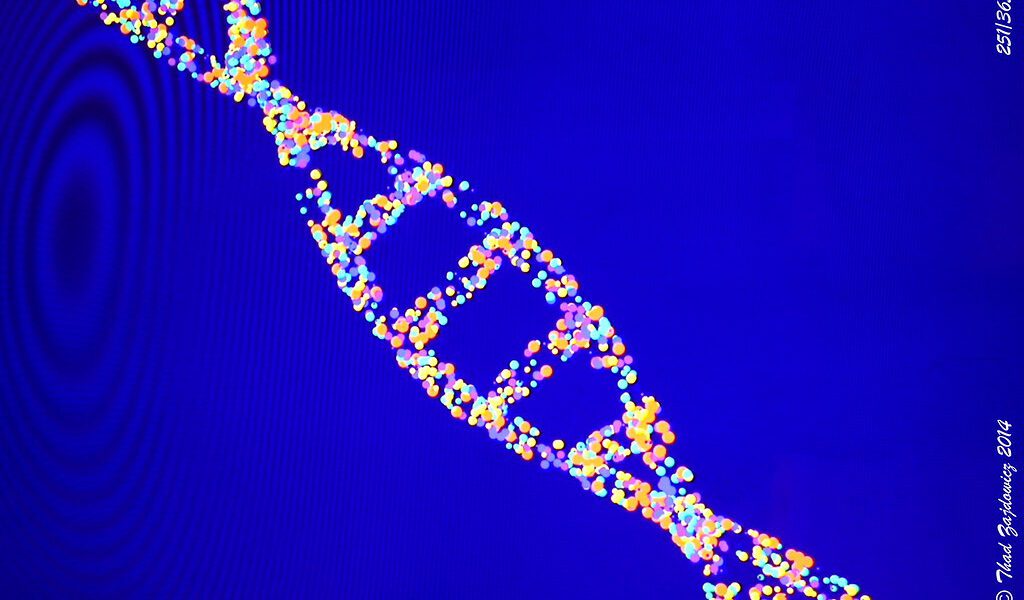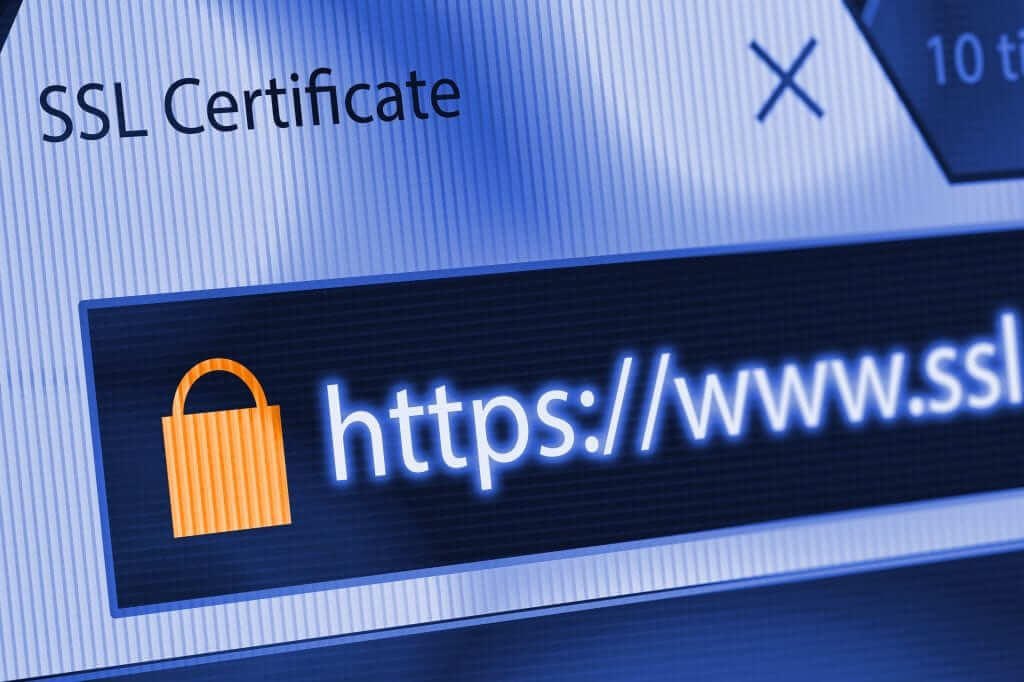Recently, DNA test kits have become increasingly popular! Have you thought about how these may affect our future?
Living in an age of technology, we spend our lives being viewed as a target to marketeers. With endless amount of data, accessible through our digital footprint, they build out the likelihood of us to purchase whatever product or service they are selling. Often, we willingly give them access to our data, but have you ever thought they could be using this against us? What if there’s an alternate world of clones of ourselves having a party on Mars due to a DNA test!
Companies Have Gone from Boundaries to Boundary-less
Throughout modern history the core objectives of the issues that marketers face are similar. However, with technological advances we uncover both new challenges and the challenges of the past. Overall, there has been a massive evolution of what we expect marketers to do as technology has revolutionized our lives in every aspect!
On many of the websites we visit everyday we have the ability to talk directly to an artificial intelligence robot through chat boxes! (Learn more HERE) We now want Amazon’s Alexa to organize our dinner preparations whose ingredients came delivered by a drone with a movie for afterwards. How will they know what we like? Well they have all been selected from algorithms sourced through our smart phone usage. Instead of separating the bounds of life, we want a boundary-less organization that can bring us everything in one. Our expectations have dramatically changed. However, does that come with a cost?
What are DNA Test Kits?

Image By – “23 and Me DNA Test Kit” by JeepersMedia is licensed under CC BY 2.0
DNA testing kits provide a complete genetic examination of one’s ancestral makeup. In particular, “23andMe” and “AncestryDNA” are two popular companies who provide these kits. Customers send in a DNA sample which is analyzed to provide insights on your health, traits, and ancestry. As a result, this allows consumers the opportunity to discover their ancestry, health, family, and relationships.
“My goal is to help people access, understand, and benefit from the human genome and fundamentally change healthcare in the process.”
Quote From – Anne Wokcicki (Co-Founder of 23andMe)
They advertise their kits work in three steps –
- Order your kit
2. Spit in a saliva collection tube
3. Send the collection tube in & Get your results within 3-4 weeks
Super simple right?
These testing kits aim to bring you a dream and want you to connect with their story through their complex targeting. Ultimately, they hack into your emotional ecosystem. They try target consumers searching for family connections or history of their ancestors. Overall they want to reconnect users!
Is that all they do? Is connecting customers with their history the main goal? Can the company have broader uses for information collected from one’s DNA? These are the questions we must ask! As through complex marketing mixes companies can have different motives than what we expect!
Could we actually have clones on Mars?

Today’s companies have figured out revenue streams far beyond the transactional consumer product model. Let’s think! Is Facebook’s goal to connect you to friends and families or collect data that they can use to sell to third party companies? Have you ever noticed after you search for a product on Google you start receiving pop up advertisements for that product on other websites? This means that your data is being accessed!
Both ’23andMe’ and ‘AncestryDNA’ do sell the DNA data collected from customers to third party companies. However, it is only with your consent. Since DNA testing is so new there is no example for how to ethically use all this information. So keep in mind when purchasing that you cannot simply change your DNA, like you would change a credit card number. So if there is a data leak there could be a massive problem!
Although these kits may not be able to sell your information enough to make a full clone of you, it is a good check on all of us to think what sites we are allowing to access our data! So unfortunately no party happening on Mars!
Bottom Line of a DNA Test
Through collecting data, although maybe unethically, companies can optimize their purchasing potential. Every consumer is targeted with a different marketing approach, as no single consumer follows the same path to ordering. Therefore, companies collecting your DNA may not be helping you find your long lost brother. In a world so full of Big Data we all have to be careful with whom and what we share our information with! Just as you wouldn’t tell a stranger the password to your email. So be careful not to share the password to your DNA! Hope thinking about this information helps you!





Recent Comments